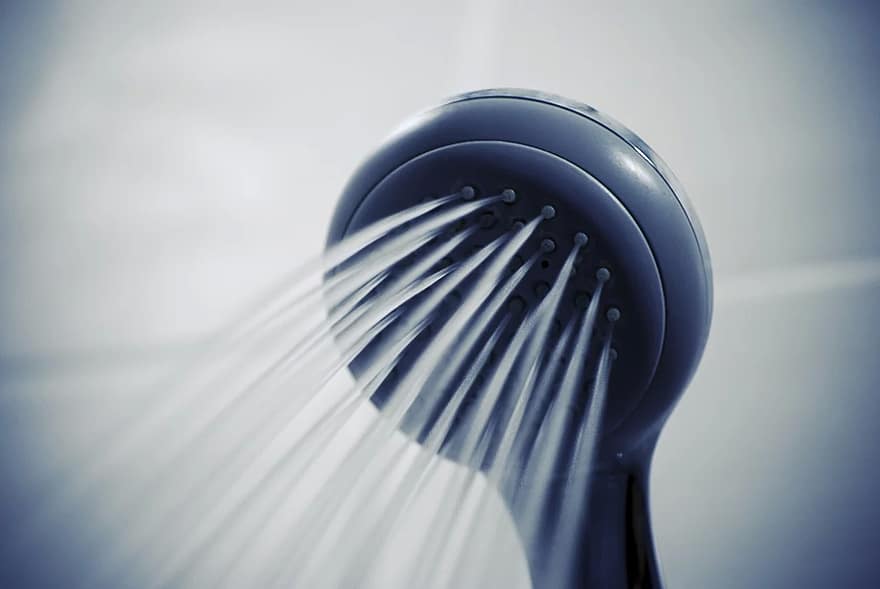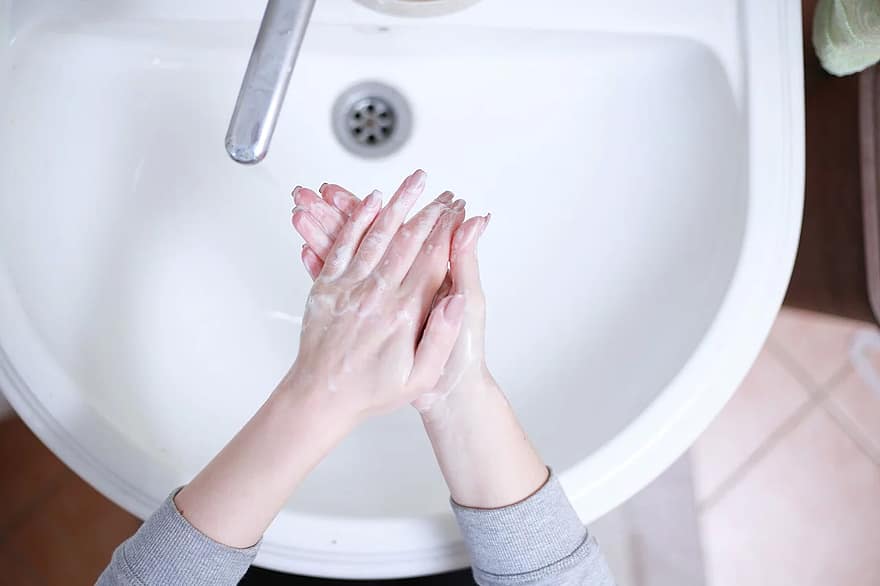Summary
– Personal hygiene: the shower
– Intimate hygiene
– Hand cleaning: an essential gesture of personal hygiene
– Personal hygiene and foot cleaning
– Body hygiene and tooth brushing
– The cleanliness of the linen
Good personal hygiene is part of a healthy lifestyle and is based on daily steps to keep the body clean to ensure good health.
Body hygiene: the shower

It is recommended to shower every day, neither too long nor too hot, to avoid drying the skin. On the other hand, it is not advisable to wash your hair daily to prevent it from becoming greasy again too quickly. The shower makes it possible to eliminate :
– Sweat;
– the excess of sebum;
– part of the microbes;
– the dirt accumulated on the surface of the skin.
The personal hygiene products used for showering should be chosen carefully, especially according to the type of skin and different areas of the body:
– Skin cleansing is done with shower gel, soap, shower oil, etc.
Face cleansing requires specific products adapted to each person’s skin type and taste: soap, cleansing gel, cream, or foam.
Intimate hygiene
The external vulvar area comprises mucous membranes, whose constitution and function are different from the skin. For example, the pH is more alkaline there, making it a more sensitive area.
For intimate cleansing, we prefer soft and superfatted body soaps to shower gels that are too detergent.
Hand cleaning: an essential gesture of body hygiene

Good hand hygiene helps to limit infections. In contact with everything around us, the hands are carriers of bacteria and viruses, especially in flu epidemics or gastroenteritis. It is recommended to wash your hands:
– every time you go to the bathroom;
– before eating;
– after using public transportation.
The use of soap and water, with friction on the palm, between the fingers, and under the nails, for at least 15 seconds is sufficient for daily hand cleaning. Hydro-alcoholic solutions should be reserved for times of epidemics, the medical environment, or when soap and water are not available.
Personal hygiene and foot cleaning
Feet should be cleaned daily, for example, in the shower, with soap and water to prevent bacteria and foul odors’ proliferation.
– Special care must be taken when drying. No trace of moisture should remain, especially between the toes, to avoid the appearance of fungus.
– Similarly, socks should be changed daily or after physical activity.
Body hygiene and tooth brushing
Teeth should be brushed at least twice a day: after breakfast and before bedtime using a toothbrush and toothpaste. If necessary, you can add a mouthwash may be added.
Brushing your teeth helps to remove plaque, which causes cavities, and to fight halitosis (otherwise known as bad breath).
The cleanliness of the linen

Good body hygiene involves not only washing the body but also cleaning the tissues in contact with it:
– Underwear should be changed every day.
– In the bathroom, it is advisable to regularly change the towels used for washing and change washcloths after each use because they retain bacteria, which thrive in a humid environment.
The towel or cloth used to dry hands should be changed regularly in the bathroom or kitchen. It should also be allowed to dry well between uses.
You can read more here:
- How Often Should I Wash My Hands?
- How to Get Beautiful Hands
- What is a healthy lifestyle?
- What are the virtues of body care?
- How to Cleanse the Skin Well?
Hope the above helps you promote a Healthy Lifestyle. Please remember to share and comment on this post.


